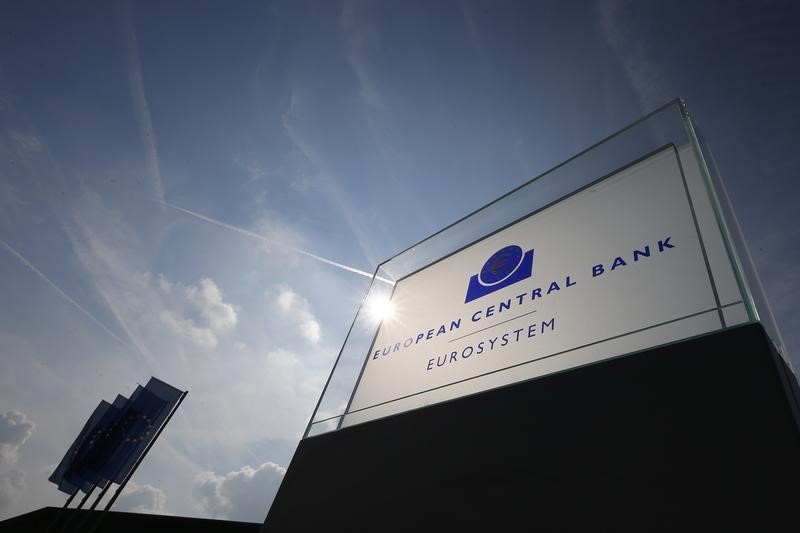This post was originally published on this site
https://i-invdn-com.investing.com/trkd-images/LYNXMPEH9C10B_L.jpg
BRUSSELS (Reuters) – The European Union should not decouple from the global semiconductor supply chain in its efforts to create a European chipmaking ecosystem and be self-sufficient, the Netherlands warned this week.
Global supply chains, a business model that has proven popular for the past 30 years, have been disrupted by the COVID-19 pandemic, leading governments around the world to consider bringing manufacturing operations closer to home.
The European Commission, the EU executive, in September proposed a European Chips Act covering research and production capacity, prompted by the chip shortage that has disrupted the auto industry, medical devices makers and telecoms providers.
The EU relies on Asian-made chips and has a diminished share in the supply chain, from design to manufacturing capacity.
Decoupling from the global supply chain would be a mistake, the Netherlands said in a paper published on the government website, pointing to the success of Dutch companies ASML, the world’s leading producer of advanced chipmaking tools, and chipmakers NXP (NASDAQ:NXPI) and Besi.
The European Chips Act “requires acknowledgement that decoupling of the global semiconductor value chain is an illusion,” the paper said.
“European interests are best served by an open ecosystem that remains focused on attracting investment, accelerating innovation and adding market value. Diversification and mutual interdependence promote resilience and prevent one-sided dependencies.”
The Dutch also proposed the creation of instruments to prevent unwanted key strategic takeovers of chipmakers.
The Commission’s 2022 work programme foresees the Chips Act adopted in the third quarter of next year.

